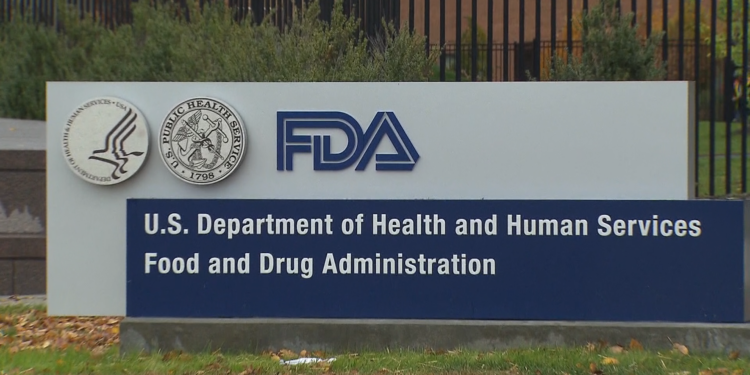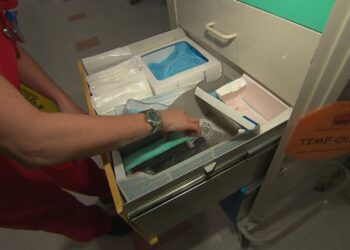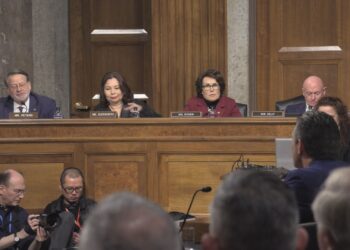WASHINGTON, D.C. – Clinical trials and therapies for some of the 7,000 rare diseases reported in the United States, have seen promising results. However, without approval from the U.S. Food and Drug Administration (FDA), those therapies are inaccessible to those who need them most.
A bipartisan group of lawmakers are looking to provide “promising pathways”.
There are roughly 30 million Americans living with a rare disease. One of them is Tim Tobin. Tobin lives with Amyotrophic Lateral Sclerosis (ALS), the fatal progressive neurodegenerative disorder with no treatment. However, clinical trials and new therapies have shown signs of hope toward slowing progression of rare conditions, like ALS. But the FDA approval process for promising therapies and treatments can take years, sometimes even over a decade.
“Even when these treatments have been in development and pre-clinical testing for years and have already shown convincing evidence of patient benefit, it can still take years before they come to market,” said Sen. Kirsten Gillibrand (D- NY). “But those suffering from rare and terminal illnesses don’t have those years to wait.”
Gillibrand has teamed up with Senator Mike Braun (R- IN) to introduce the “Promising Pathway Act”, or PPA.
“PPA is common sense legislation that will speed access to promising drugs for conditions that do not have effective treatment options,” said Tobin.
The legislation calls for the FDA to establish a rolling, real-time priority review pathway to grant or deny provisional approval status for drugs intended to treat, prevent, or diagnose serious or life-threatening conditions like ALS, Alzheimer’s, Barth syndrome and more.
Gillibrand said PPA can provide informed access to new and promising treatments even while the research is ongoing.
“We don’t have to sacrifice the safety and efficacy of the FDA approval process for rare disease patients to access promising therapeutics,” said Sen. Gillibrand.










